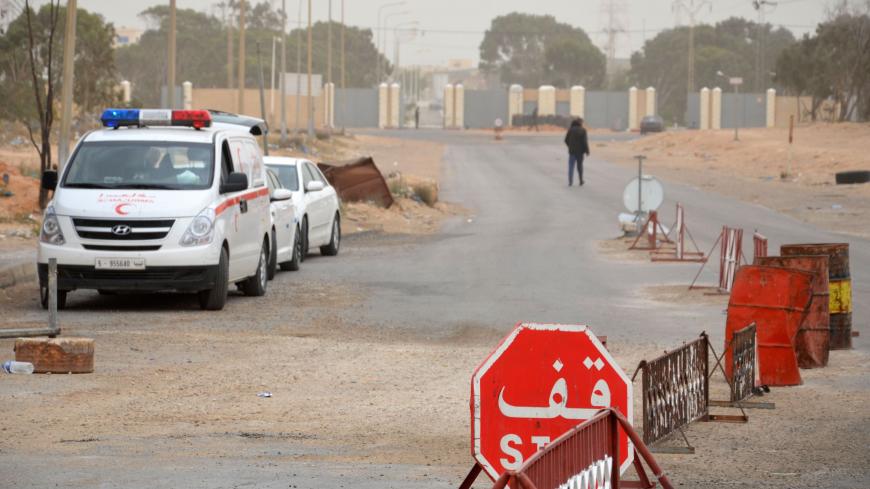TUNIS & KASSERINE, Tunisia — When Jamel Ben Moussa, 29, joined the Islamic State (IS) at the end of 2014, he said he did so “to help the Syrian people.” The young Tunisian man had watched sleekly produced recruitment videos posted online “showing women and children being slaughtered by Syrian regime forces. I had to do something.” Moussa made his way to Libya, flew to Turkey, then crossed the border into the jihadi “caliphate” from the Turkish province of Gaziantep. He insisted that he received “no assistance” from any Turkish officials, only from smugglers and IS operatives.
The first months at a training camp in the Syrian town of al-Rai “were really exciting,” Moussa told Al-Monitor in a Skype interview from the northern Syrian town of Derik. He was given a nom de guerre: Abu Serra al-Tunisi. But he grew disillusioned as he witnessed IS’ atrocities. “They were killing the wrong people, like my friends, like civilians," he said. "I wanted to leave."



